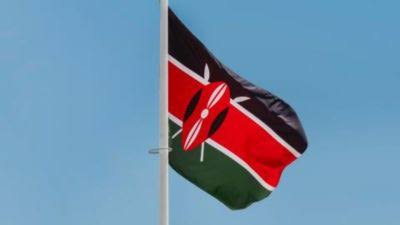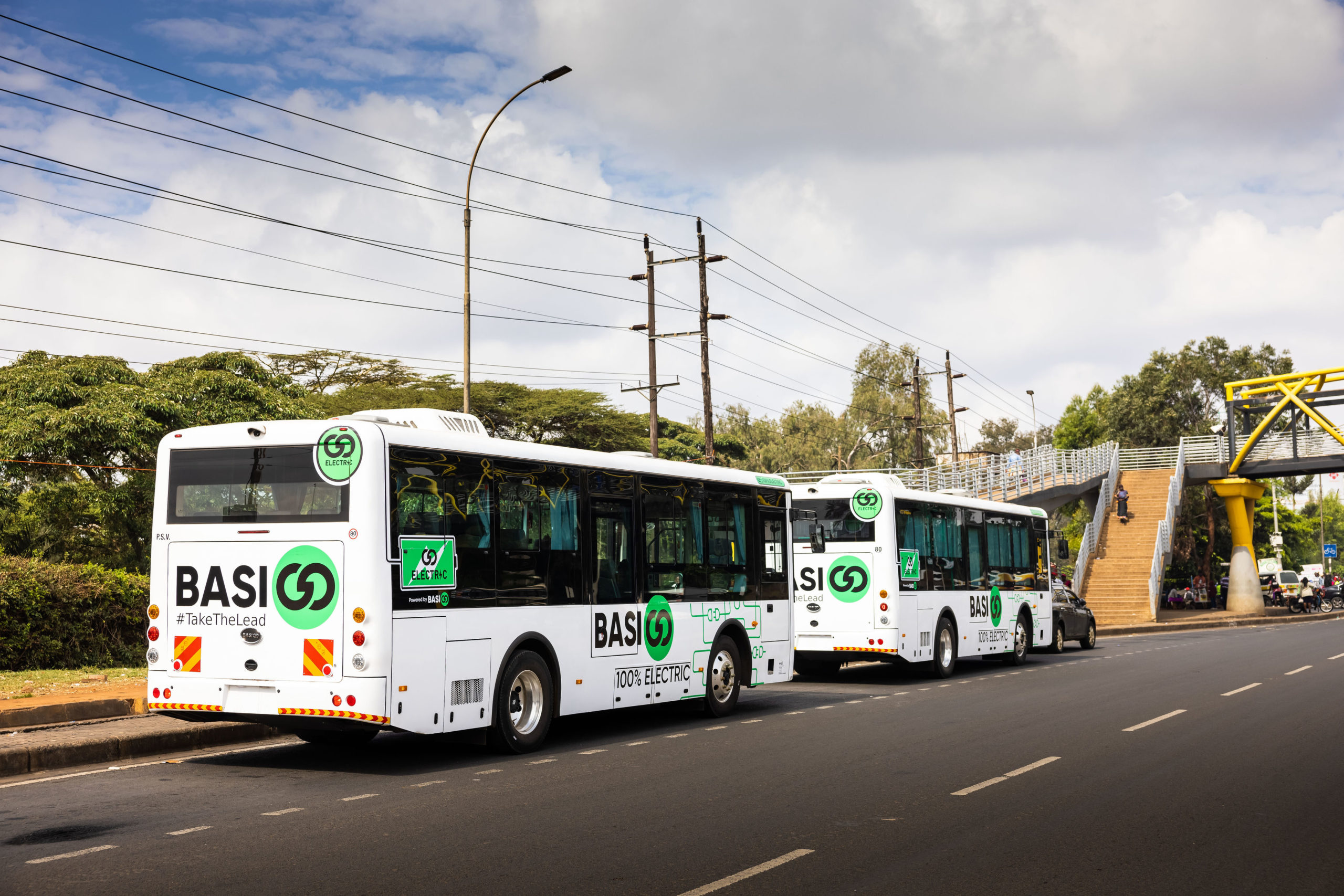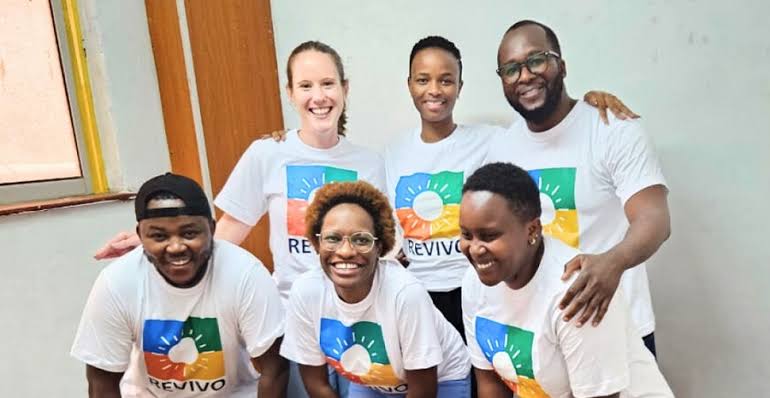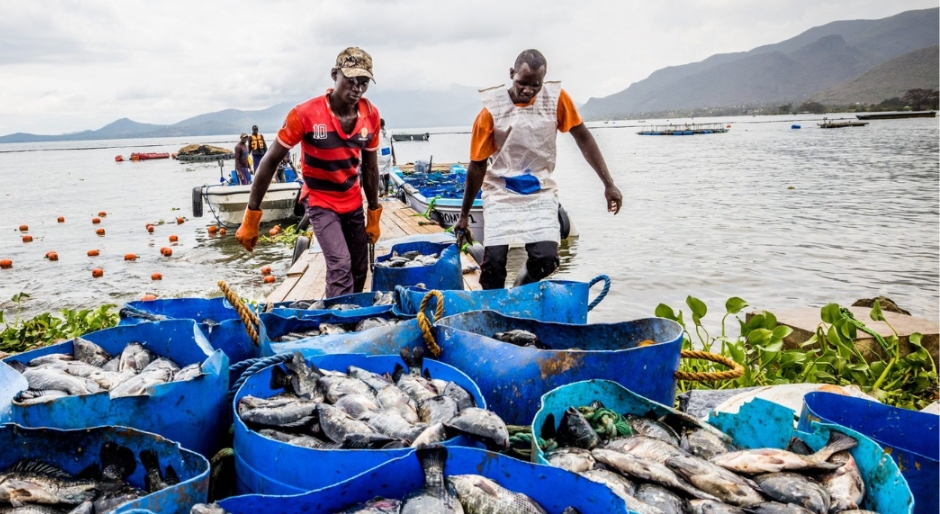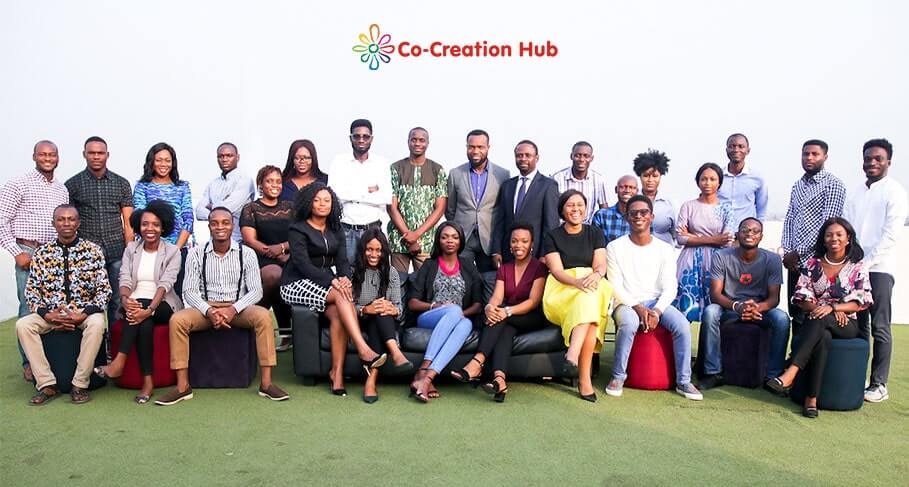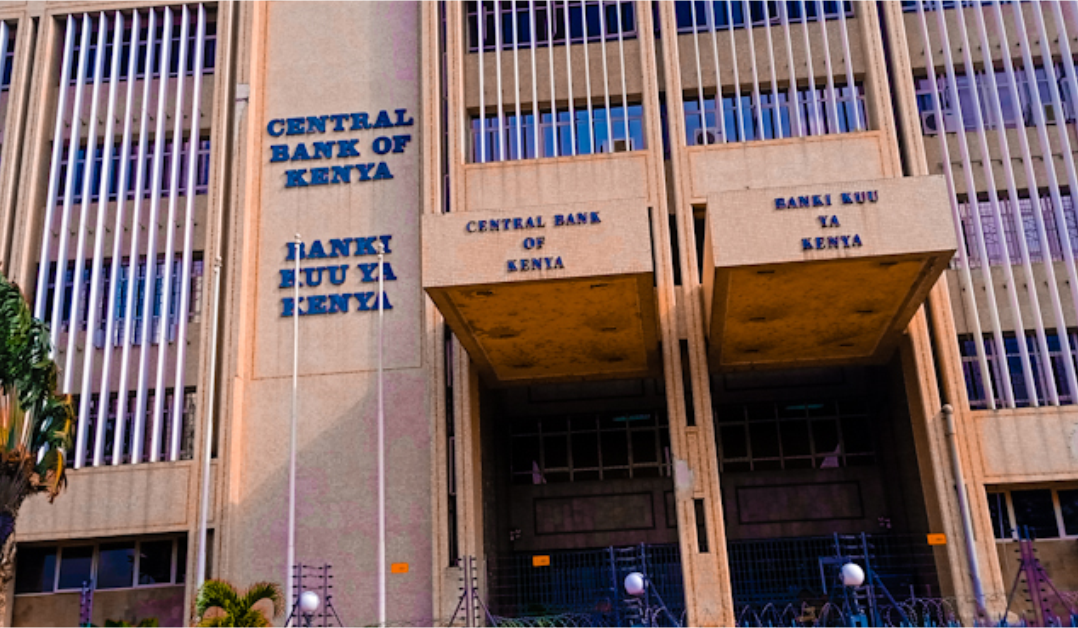The “Underdog Tech Award” was made by inDrive, a well-known global mobility and urban services provider, to recognise and help potential tech startups from emerging markets. This international award is meant to honor and reward the perseverance of entrepreneurs who have started successful tech startups despite facing big problems because of where they live.
The first Underdog Tech Award will likely significantly affect Kenya, becoming increasingly known as an innovation hub in the East African region. This project shows how important Kenya is to developing new technologies and its commitment to leading regional innovation efforts.
The Underdog Tech Award was made strategically to support technology startups that face problems like having few resources, being unable to get funding, and being left out of significant startup ecosystems in places like the United States, Israel, and Europe. The award aims to find startups that could make a positive difference in their communities and have good growth chances.
Read also: Aurora Tech Award 2024 Opens for African Tech Women
The Underdog Tech Award application process
The Underdog Tech Award entry period started on September 19 and will last until December 1, 2023. Startups from Kenya and other parts of the world are urged to send their applications during this time.
In the next step, which will start in December 2023, the award organizers will choose the top 20 candidates from the list of nominees.
Kenyan Underdog Tech Award jury member Fatma Nasujo, Wasoko’s Global Head of Corporate Operations, is essential.
Mark Loughran, Group President of inDrive, said the organization wants everyone worldwide to have access to growth and success tools. He pointed to inDrive’s Aurora Tech Award for women in IT as an example of their dedication to aiding others.
InDrive’s Loughran said, “Now we have set up an award for “underdogs.” Still losers at inDrive, we’re proud. We support smart new enterprises that improve the planet. We’re glad to provide the platform and funding they need to flourish.”
The Underdog Tech Award winner receives fame and $60,000 in prize money. All startups who apply will receive feedback from venture and investment funds to help them grow. Shortlisted candidates will receive PR assistance, input from prize judges, and training from industry experts.
Finally, the inDrive Underdog Tech Award will support technology businesses that overcame regional obstacles. The award’s focus on global equity and innovation will influence Kenya and other emerging countries. Please apply for this opportunity to be recognised and supported as an entrepreneur.
About inDrive
inDrive is a global transportation and urban services platform headquartered in Mountain View, California, USA. Over 175 million people have got the inDrive app, and it was the second most downloaded mobility app in 2022. In addition to ride-hailing, inDrive offers many urban services, such as freight delivery, task help, courier delivery, and job search.
inDrive works in more than 40 nations. It helps local communities through its peer-to-peer pricing model and community development programmes, which help with education, sports, arts and sciences, gender equality, and other essential projects.



